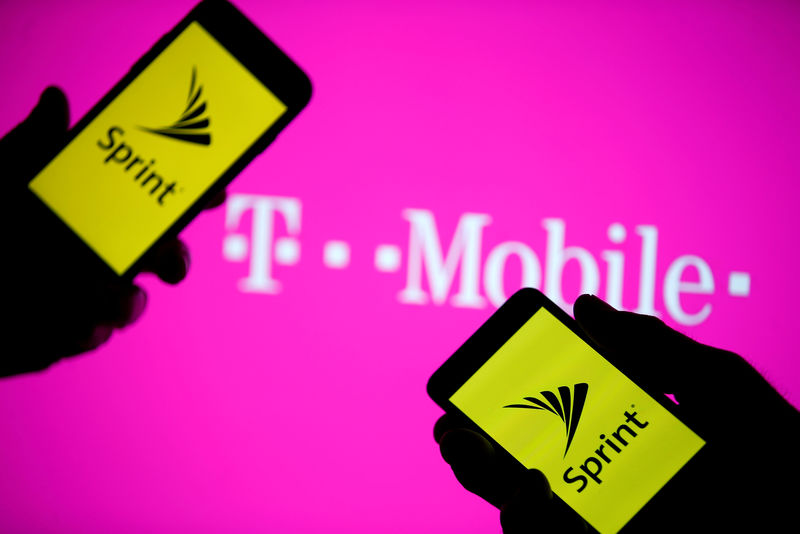By David Shepardson
WASHINGTON (Reuters) - Federal Communications Commission chairman Ajit Pai met Tuesday with the chief executives of Sprint Corp (N:S) and rival T-Mobile US Inc (N:TMUS) who are seeking approval for a $26 billion merger, a spokesman for Pai said.
T-Mobile Chief Executive John Legere and Sprint CEO Marcelo Claure met with Pai on Tuesday after meeting last week with FCC Commissioner Jessica Rosenworcel, a Democrat, and Commissioner Mike O'Rielly, a Republican. The pair also met with Republican FCC Commissioner Brendan Carr on Tuesday, a person briefed on the matter said.
Company officials told the FCC last week they expected to file a formal application with the commission by the end of May. Claure said last week they had also had meetings with the Justice Department.
The FCC must determine if the merger is in the public interest, while the Justice Department must determine if the merger of the third- and fourth-largest U.S. carriers would harm competition. Consumer groups have complained the deal would lead to higher prices, hitting low-income people the hardest and leaving them fewer alternatives for communication.
Pai's predecessor, Tom Wheeler, said in 2014 it was "good for consumers" to have four carriers to choose from, while Pai declined to say in May 2017 if he thought four carriers was the right number of competitors.
Shareholders of Sprint, controlled by Japan’s SoftBank Group Corp (T:9984), would get $6.62 for every share held. Deutsche Telekom AG (DE:DTEGn), T-Mobile’s majority owner, would own 42 percent and control the board of the combined company.
Claure said on an earnings call the companies had spent two days in Washington last week to "present the merits of a merger." Regulators "said that they're going to analyze our case with open mind. There's no preconceived notions," he said.

The companies have touted tax reforms from the Trump administration, synergies at present value of $43 billion and plans to invest billions on developing a 5G network. They are also promising job growth and lower costs for wireless customers.
